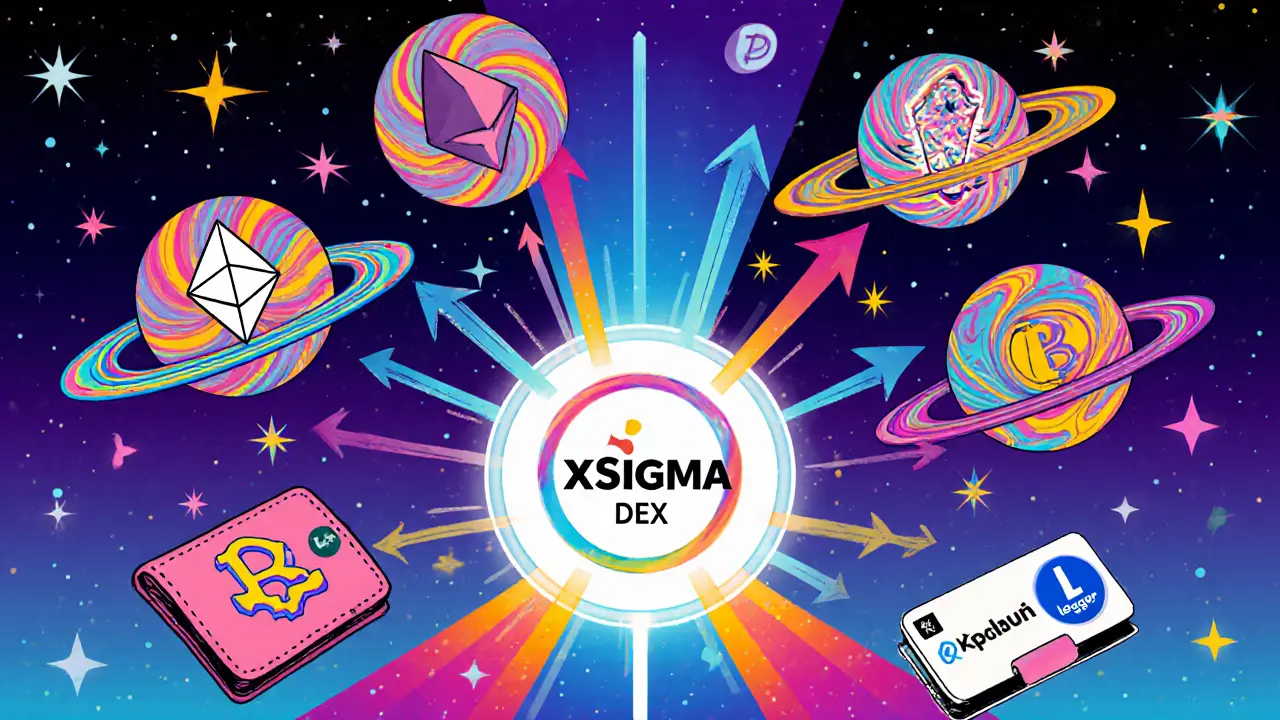DeFi slippage: What it means and how to tame it
When dealing with DeFi slippage, the gap between the price you expect and the price you actually receive on a decentralized exchange, you often feel like the market ate part of your profit. It’s not magic; it’s a mix of order size, market depth, and timing. Understanding the mechanics lets you keep more of your crypto instead of watching it disappear in seconds.
Key factors that drive slippage
The first thing to watch is liquidity pools, bundles of tokens that traders trade against on DEXs. If a pool is shallow, a large trade shifts the price curve, creating a noticeable price impact. That impact is the core of slippage. The second player is price impact, the percentage change in token price caused by your trade. Even with decent liquidity, fast‑moving markets can raise impact in a flash, especially during volatile news events. Finally, gas fees, the cost paid to validators for confirming a transaction on the blockchain add to the total cost you feel after the trade. High gas can turn a seemingly small slippage into a larger effective loss. Putting these three together, we see the semantic triple: DeFi slippage is caused by price impact, which is amplified by low liquidity pools, and both are affected by gas fees.
Practically, you can curb slippage by breaking big orders into smaller chunks, using limit orders instead of market orders, or swapping on a DEX that aggregates liquidity across multiple pools. Some platforms let you set a maximum slippage tolerance—if the price moves beyond that, the trade aborts, protecting you from a surprise loss. Watching the gas price oracle before you hit submit also helps; lower‑traffic times often mean cheaper fees, which indirectly reduces the net slippage you pay. DeFi slippage isn’t an inevitable evil; it’s a symptom you can manage with the right tools and timing.
Below you’ll find a curated set of articles that dive deeper into each of these angles—how to pick the right pool, calculate price impact, set optimal slippage limits, and even use flash‑loan tricks to arbitrage away excess cost. Whether you’re a casual trader or a DeFi power user, the guides will give you actionable steps to keep your swaps tight and your returns higher.
xSigma DEX Review: Stablecoin Exchange Performance, Fees & Future Roadmap
A detailed xSigma DEX review covering its stablecoin‑only model, slippage, fees, $SIGMA tokenomics, pros/cons, and future roadmap for traders and investors.
